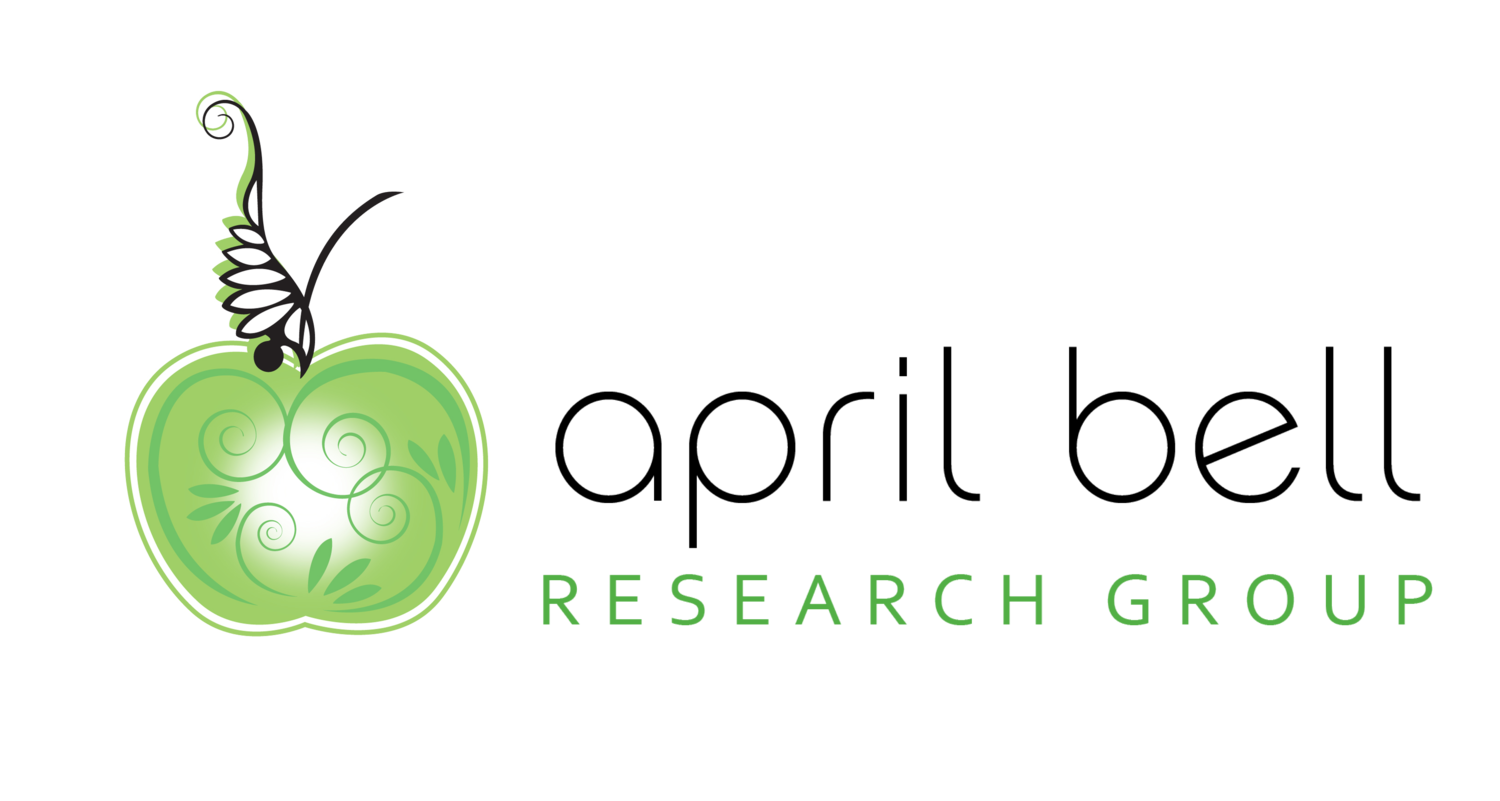This morning's keynote, Malcolm Gladwell, was introduced by Joan Lewis, Global Consumer and Market Knowledge Officer, Procter & Gamble. She mentioned that when he was asked how he is able to write such amazing books, he said:
"I like to collect research that's interesting and I like to collect stories that are interesting…and then I put those together."
As a researcher, that hits home!
His focused his presentation on his latest book:
. It was fascinating to hear him talk about how "too much of a good thing" is not a good thing and the role that plays in larger systems.
He discussed his thoughts around crime and the American public education system. He questions:
"Is there a point when classroom size becomes too small?"
When teachers were asked this question, virtually everyone said that a class size of less than 20 is too small….because it gets more difficult to control opposing views of children.
"It's like having 2 squabbling teenagers in the back of a car while driving across country."
Because "the single most determinant of success with a struggling student is whether they have a peer or not to help them" true learning occurs when the classroom is full of discussion. So, when you don't have enough discussion -- you have dead classrooms. Not enough interaction with each other.
When all you think about is your child's relationship to the teacher, you get locked into how to maximize that relationship. However, when you think about the classroom as a community, you also start to maximize that part of the learning as well.
He also brought it back to parents and how it's not only difficult for those with very little money but also those with "too much" money. Being a "good parent" gets hard again because you have to try to explain concepts such as "hard work" in an atmosphere where those type of lessons do not make intuitive sense.
Key take away for me - more is not always better...

April Bell is Principal and Founder of April Bell Research Group, a boutique, full-service marketing research firm, committed to delivering fresh insights you can act on! Learn more at aprilbellresearch.com.

